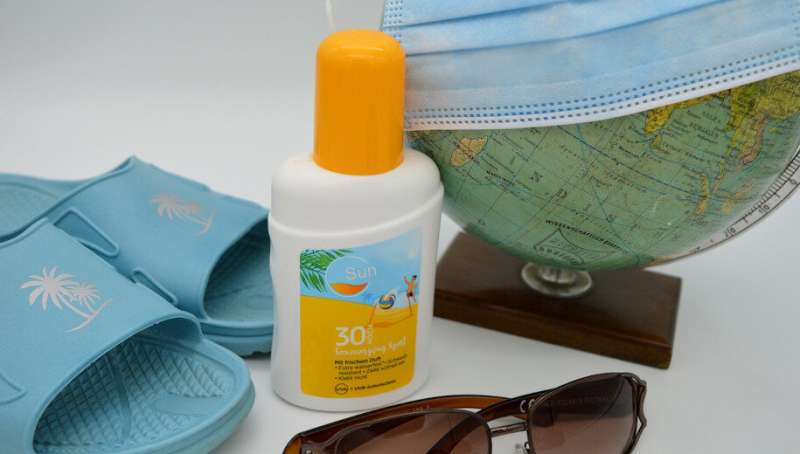Vaccine passports raise questions of equity, security, privacy, argues expert

China, where the COVID-19 pandemic began a long year ago, has now become the first country in the world to issue a vaccine passport to promote world economic recovery and facilitate cross-border travel.
China’s foreign ministry has said the international health certificate is currently available only to its citizens. It is in digital and paper form. It comes just a week after the first anniversary of the date that the WHO declared COVID-19 as a pandemic on 11 March 2020.
South-East Asian countries are also considering a common vaccine certificate to jump-start regional travel and have discussed the idea of relaxing border restrictions for travelers who have been vaccinated.
Entry into China will be easier for foreigners inoculated with Chinese-made coronavirus vaccines. Chinese embassies, including those in India, the Philippines, the UK and US, have issued notices requiring immunization with a Chinese-made COVID-19 vaccine.
A similar idea has been proposed by the EU for movement within the bloc. Under the planned digital certificate, travelers who have received vaccines approved by the European Medicines Agency will get an automatic waiver, while it is down to Member State discretion whether to accept other vaccines.
Obstacles to vaccine passport
The whole idea of a vaccine passport might, however, be premature and discriminates against poor countries which are currently struggling to even have a coherent vaccination programme.
We have to be careful that we do not jump the gun on science. There are many obstacles to overcome before we can consider even starting to implement the scheme.
To begin with, not even close to half of the world’s 7.7 billion population has been vaccinated. Not even in China, with its 1.4 billion people. If indeed the virus has been put under control in China, the reason for this is the authoritarian system in that country.
We still have the problem of convincing people in Europe, the US and the rest of the West to follow the protocols for dealing with the pandemic—masks, hand washing and social distancing. Vocal minorities in these countries still insist on their individual freedoms, never mind the common good. In my mind, this is a problem not only for the democratic West but also for the rest of the world.
From the economic point of view, the issuance of a vaccine passport will speed up travel and population flow and benefit vaccine production and tourism. However, others warn about the possibilities of illegal trade of vaccine passports in the market due to lack of effective international policing.
Scientifically speaking, vaccine passports might not even be feasible considering the continuous emergence of new coronavirus variants raising doubts about the efficacy of vaccines.
WHO has also warned against use of these ‘vaccine passports’ because of ethical considerations that coronavirus vaccines are not easily available to all on an equitable basis. The WHO added that we still don’t know how long immunity lasts from the numerous licensed COVID-19 vaccines.
Invasion of privacy
There are other concerns to fuel the controversy, particularly among human rights activists, data protection advocates, and countries with limited access to vaccines. These vaccine passports will contain sensitive medical data. How long will governments be allowed to keep the information, and who are they allowed to share it with? These questions need answering.
Activists warn that rushing into these electronic passports without properly considering the equity, privacy, and security risks is a mistake. Vaccine passports would be discriminatory, increase state power over our lives, and have no place in a democratic and free society.
I believe we need to vaccinate at least half of the global population before considering a vaccine passport. We are still at least two billion vaccinations away from that goal in Asia.
Source: Read Full Article
